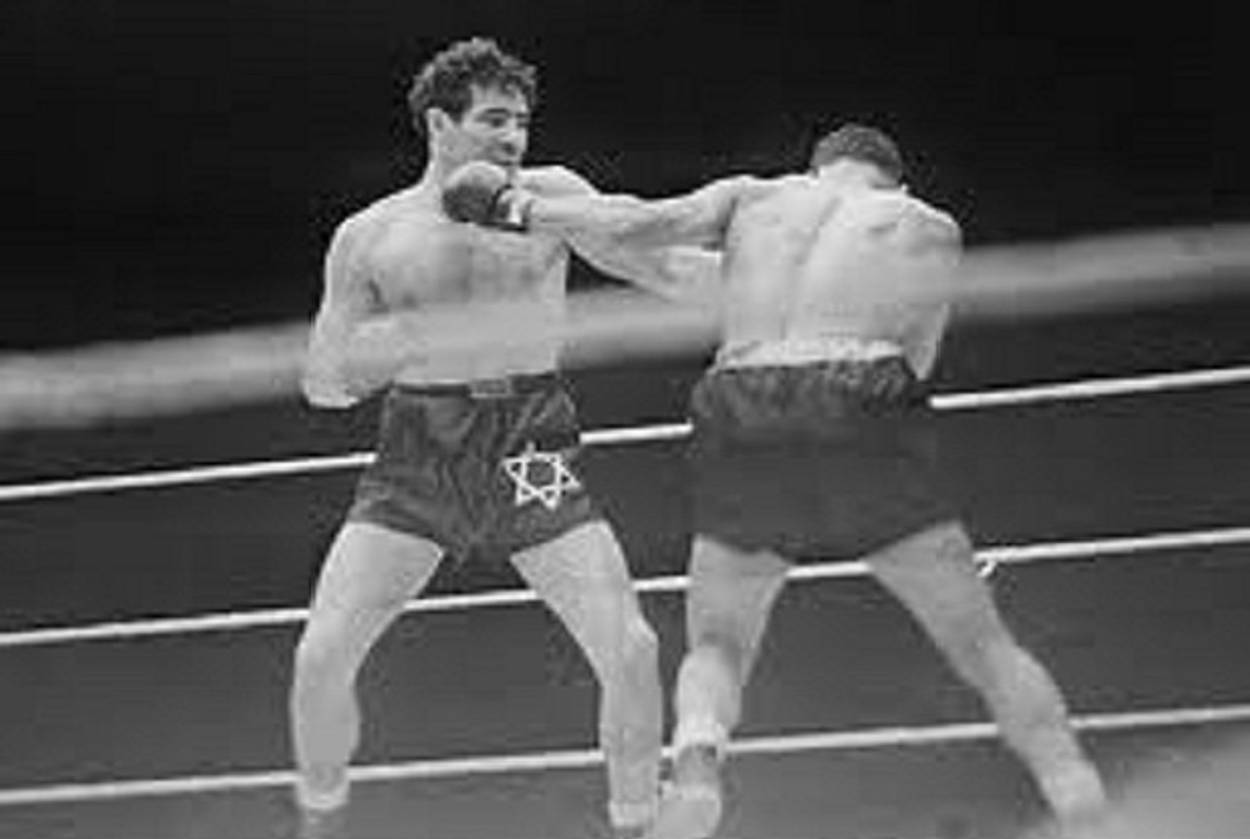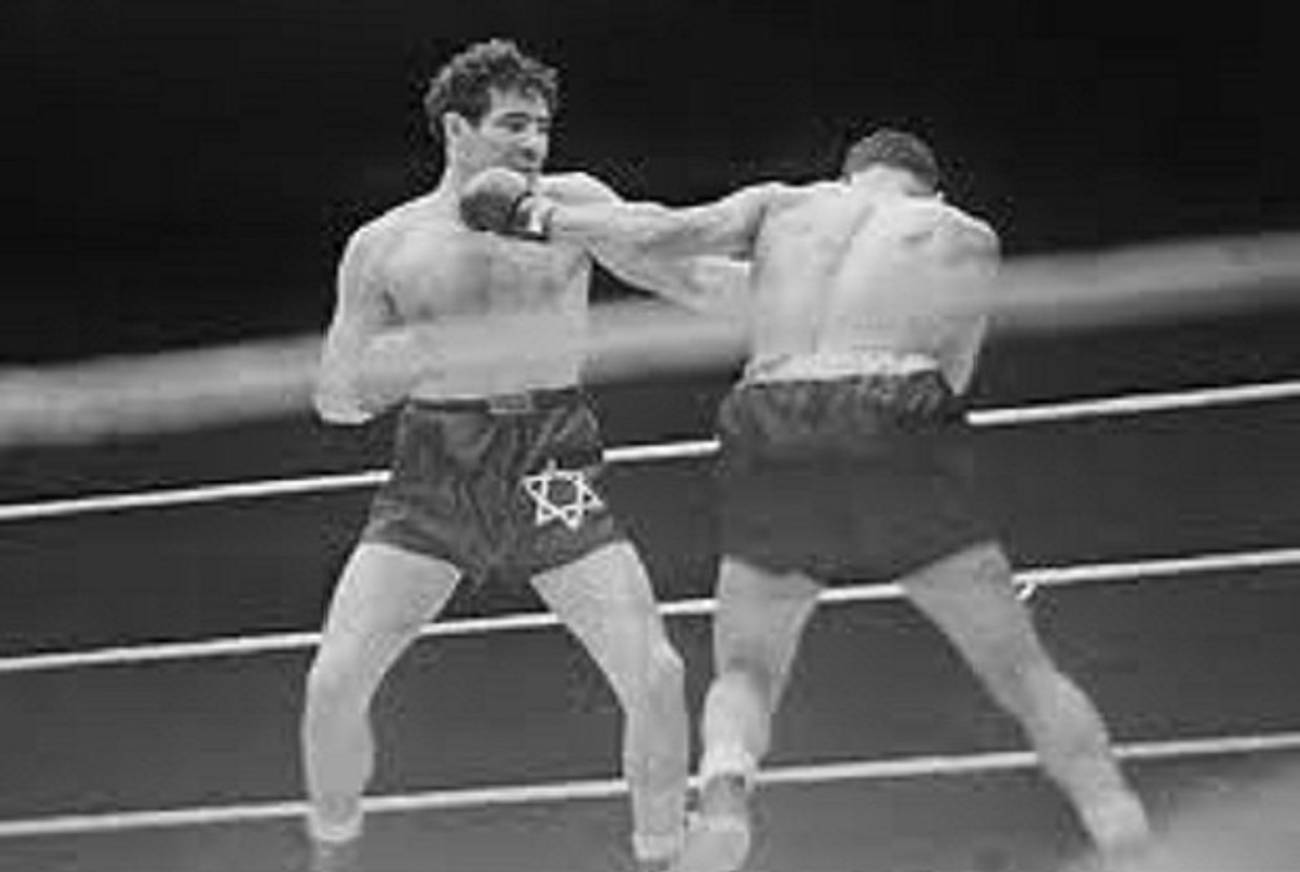Max Baer Takes Down Max Schmeling
On Baer’s birthday, a look at one of the Jewish pugilist’s biggest fights




Max Baer, whose 104th birthday would have been today, is remembered best for a few things: knocking out Primo Carnera for the heavyweight title, beating Frankie Campbell (who died the next morning), and losing the title to James Braddock, which was the inspiration for the (historically flimsy) Russell Crowe film “Cinderella Man.”
But if I could choose one fight that Baer, whose father was Jewish, could be remembered for, it would be–and you may call me biased–his defeat of the German Max Schmeling in 1933. Schmeling squared off against Baer in a highly touted fight at Yankee Stadium just months after Hitler assumed power in 1933. Schmeling wasn’t a Nazi and was said to have a Jewish manager, but it wasn’t lost on Baer that Schmeling was said to be Hitler’s favorite boxer.
There were some imbalances: Baer had a few inches of height and 15 pounds on Schmeling, Schmeling got a much bigger purse. But Baer, despite not being religiously Jewish and tending not to be claimed by Jews, donned trunks that were emblazoned with the Star of David. According to most accounts, Baer played it safe, taunting the German star throughout more than battling him for most of the fight. That is, as Henry McLemore wrote at the time, until the 10th round.
They were sparring in the center of the ring with only an occasional derisive boo to mark their efforts. Suddenly Baer went mad. The mocking smile that he had worn while Schmeling was trying to penetrate his guard, changed to one of fury. Every muscle in his magnificent body drew taut and his right arm flexed like a steel bow.
Then he let it fly, like an ancient bowman, and the bolt struck its mark, squarely on the bulls-eye that was the German’s black stubbled chin. Schmeling never knew what hit him. His eyes glazed arid he looked painfully puzzled. For one moment he swayed. Then he folded up like a puppet whose strings had been severed.
Somehow he managed to gain his feet at the count of nine, and reeled drunkenly to the yellow ropes .If a neutral corner. His hands Hopped helplessly, by his sides, and his face was an expressionless wooden mask.
Then Baer, dropped his longbow and picked up a machine gun. There was a succession of bangs- one, two, three, tour, five, six- each one a blow gone home. The crowd rolled out a thunderous, rhymetic chorus – seven, eight, nine, ten, eleven each ode timed as though by clockwork.
What else can be said after that?
Adam Chandler was previously a staff writer at Tablet. His work has appeared in the New York Times, the Wall Street Journal, the Atlantic, Slate, Esquire, New York, and elsewhere. He tweets @allmychandler.